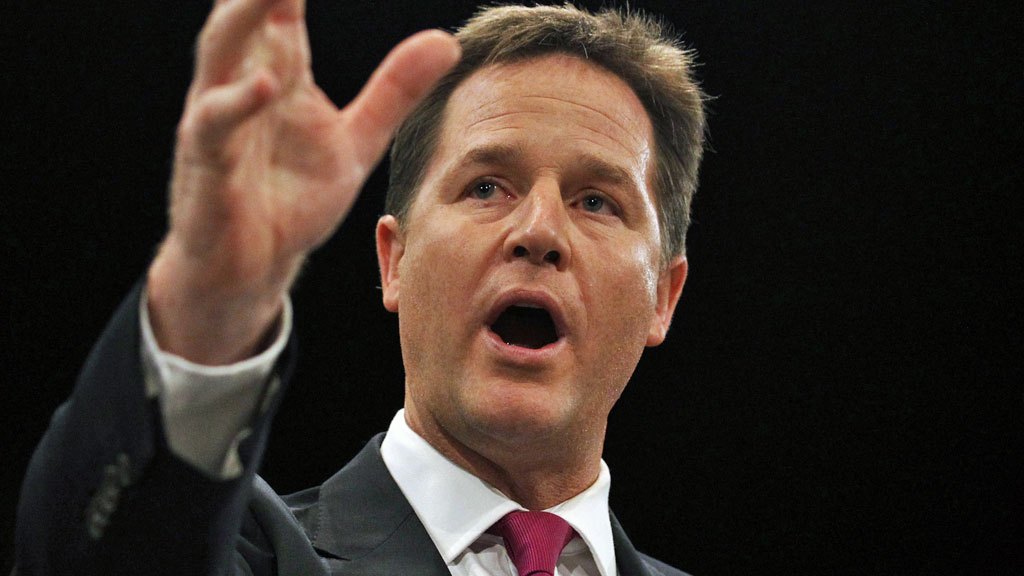Government releases £1bn in bid to create jobs
Over £1bn is made available to help create and safeguard jobs in England. But can the regional growth fund spend the money, confound its critics, and overcome a history of bureaucratic delays?

The government has announced that almost a quarter of a million jobs will be created or safeguarded under the latest growth fund spending round.
Around 130 businesses will share £1bn in grants and loans released by the regional growth fund (RGF), which also hopes to attract £6bn in private sector investment.
Deputy Prime Minister Nick Clegg has said the latest projects selected for funding came from more than 400 applications and will safeguard or create 240,000 jobs.
Slow to take off
The scheme will give £700m to private firms and £358m to local authorities and enterprise partnerships.
The move comes after MPs last month criticised the government’s “scandalous” failure to release growth funds; the Public Accounts Committee (PAC) protested that only £60m had reached businesses. The PAC found that the scheme, which was launched by Mr Clegg last year, had created just 2,442 new jobs.
Read more: £200,000 to create one job under government scheme
Two rounds of funding totalling £1.4bn were made available last year for bids from employers but the scheme was slow to take off, with £470m found to be “parked” in intermediary bodies.
The deputy prime minister said the fund is “good value for taxpayers’ money” and would create jobs in cities where they are badly needed.
“I have seen for myself the real difference this makes on the ground,” Mr Clegg explained.
“From iconic businesses like Eddie Stobart expanding in Widnes and creating 3,450 jobs in the local area, to the Sunderland car parts factory Unipres who have used their funding to buy a new 3,000 tonne press letting them accelerate production and take on an extra 316 people.”
“The regional growth fund is working, on track and supporting businesses to create jobs and grow the economy.”
Bureaucratic hurdles
John Longworth the director-general of the British Chambers of Commerce has welcomed the funding but warned that many projects have failed to make an impact.
“Many RGF projects have been delayed by bureaucratic hurdles, meaning that they have not yet started to have an impact on the ground,” he explained.
“Some bidders have even withdrawn, meaning that over £100m has been recycled back into the fund.”
Steve Radley, director of policy at EEF, the manufacturers’ organisation warned that the government must not “not rest on its laurels” with regard to the growth fund.
“The delays experienced in previous rounds must be avoided and funding must flow out to business much faster,” he warned.
“The longer-term future of the fund must also be clarified, especially if Government sees this as a key element of its growth strategy.”
A report by the National Audit Office previously found that the scheme was not performing any better than similar initiatives under Labour.